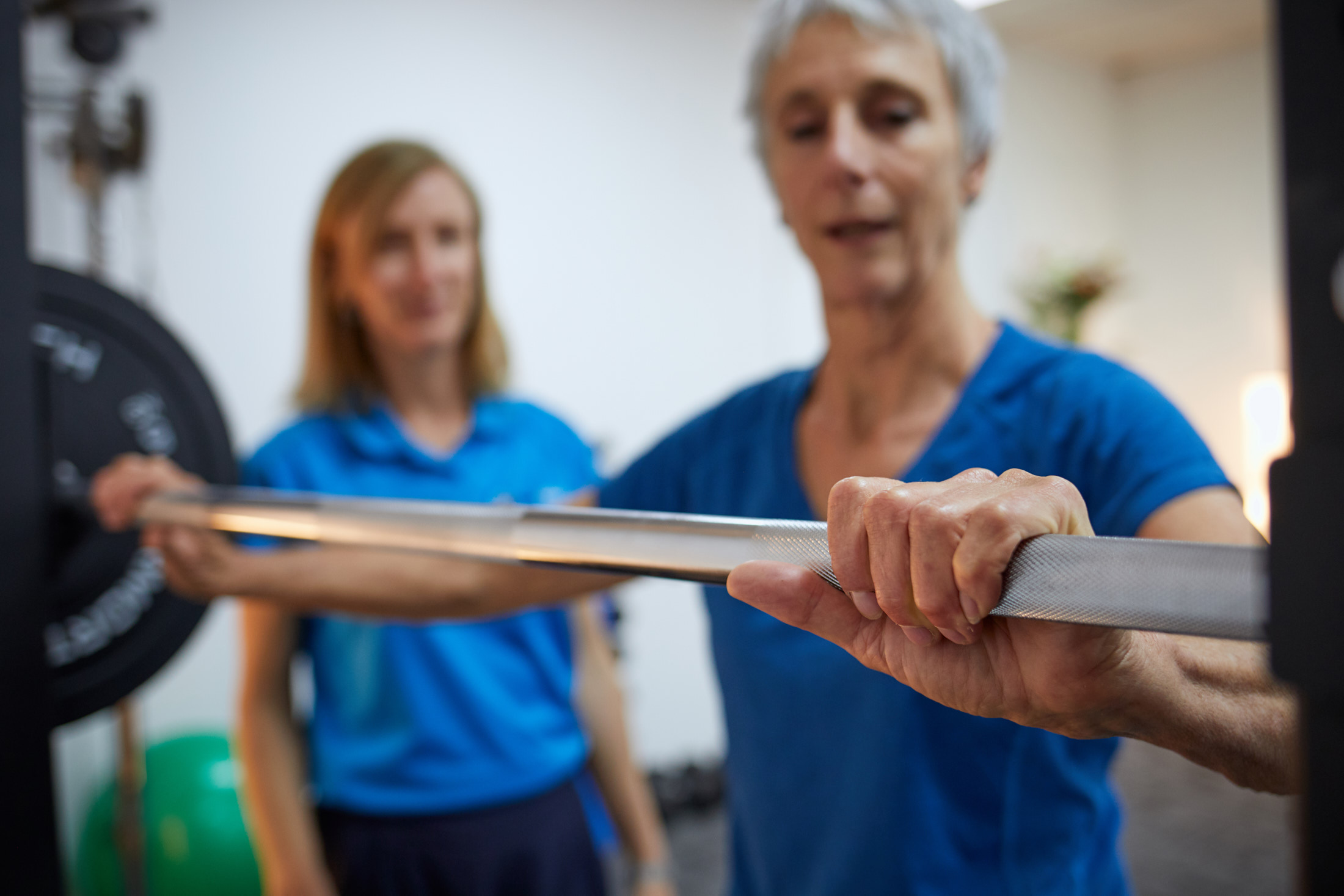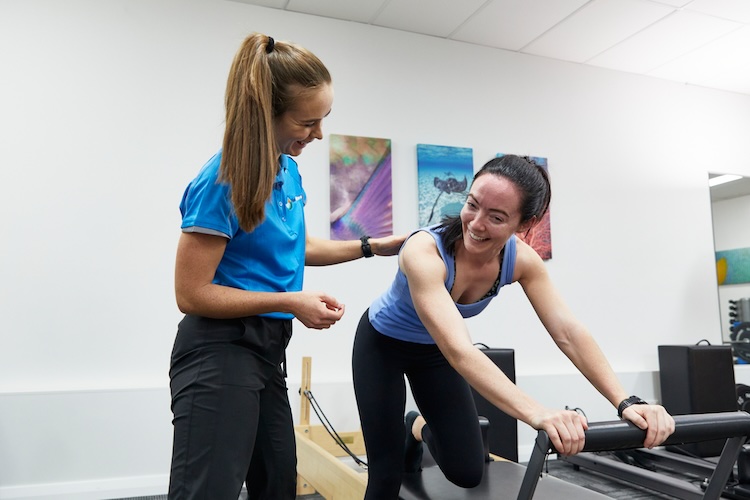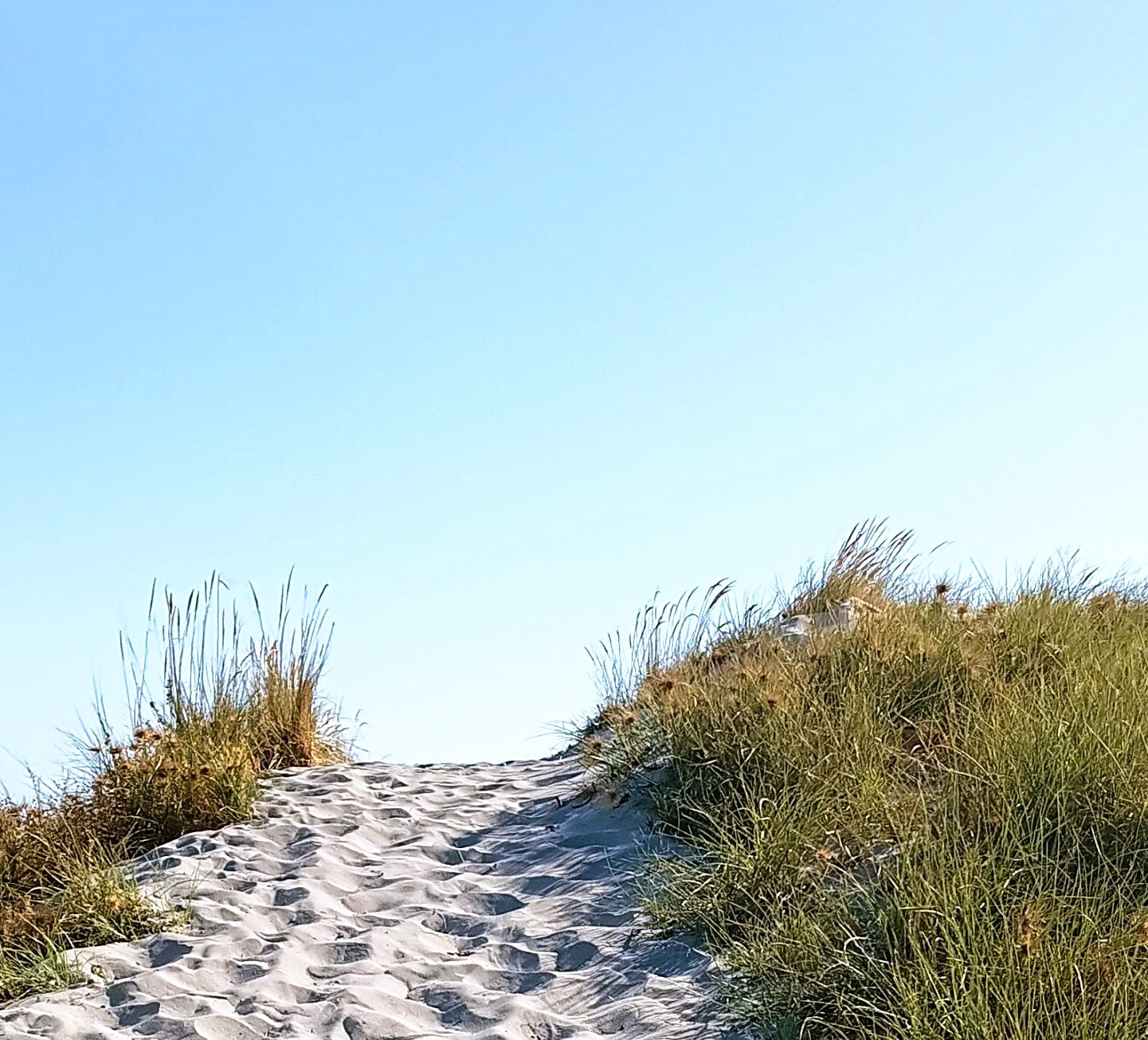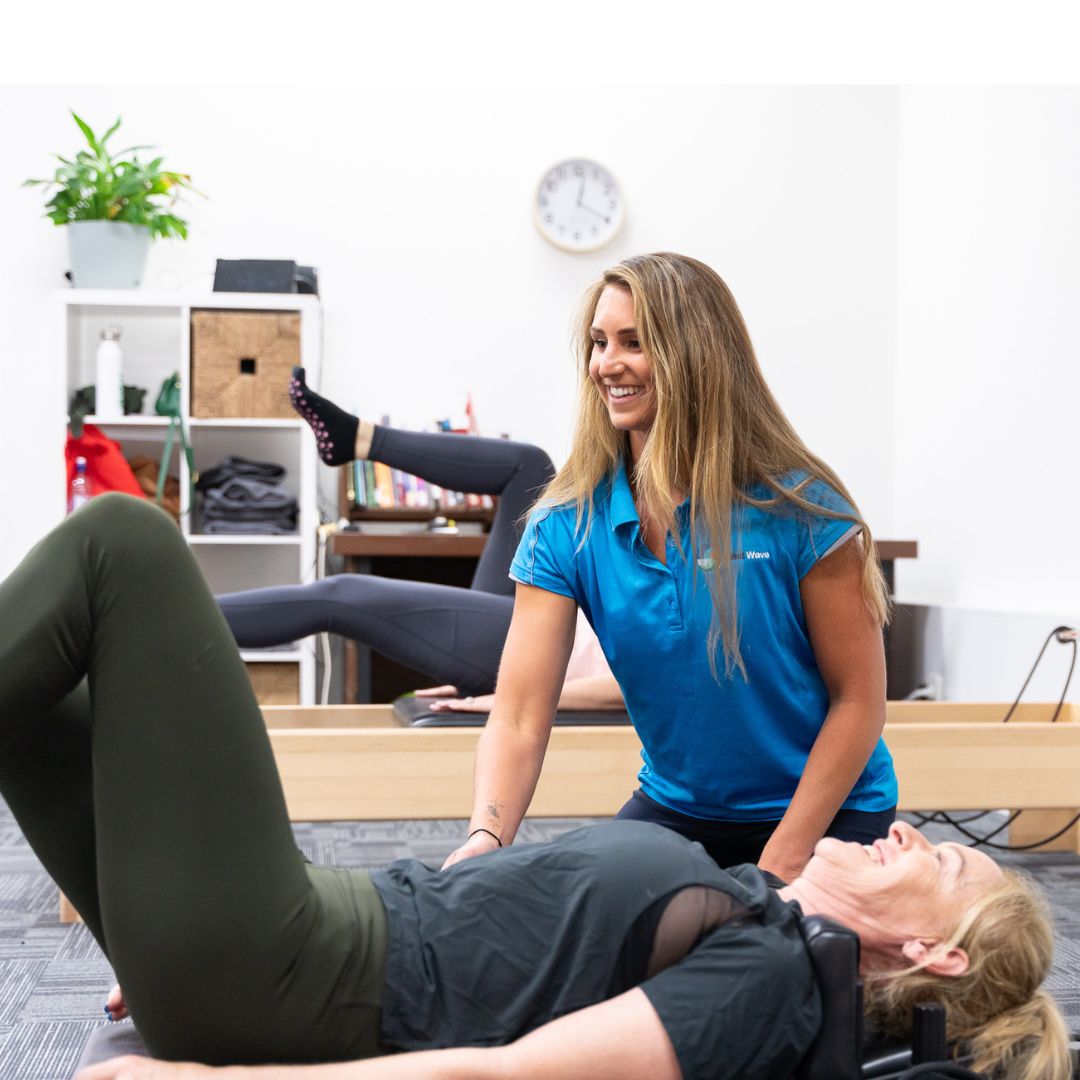ACL Physiotherapy Rehabilitation (Part 2)
The stages of ACL physiotherapy rehabilitation are outlined in this article, providing you with a roadmap to recovery. As physiotherapists, we understand the challenges faced by individuals recovering from an anterior cruciate ligament (ACL) injury.
The journey to regaining strength, stability, and confidence in your knee is a multifaceted process that requires patience, dedication, and professional guidance.
Stage 1: Post Injury Rehabilitation
This stage is important to establish your rehabilitation goals. Being clear on your goals, will determine the course of treatment.
We will discuss this in another blog, but there is ample evidence to suggest that surgery is not the only option for recovery of an ACL injury.
It is important to seek advice from a physiotherapist and an orthopaedic specialist to ensure that the course of treatment is appropriate for your goals of rehabilitation.
Stage 1a: Preoperative Rehabilitation
The first stage of ACL rehabilitation begins even before surgery.
Preoperative rehabilitation aims to reduce swelling, restore range of motion, and strengthen the surrounding muscles.
It may involve exercises such as quadriceps sets, straight leg raises, and gentle cycling.
Additionally, your physiotherapist may recommend balance and proprioception exercises to enhance joint stability.
Stage 2: Postoperative Rehabilitation – Early Stage
After ACL reconstruction surgery, the early stage of rehabilitation commences.
This stage primarily focuses on pain management, minimising swelling, and regaining range of motion.
You may need crutches or a brace to support your knee during this phase.
The time spent on crutches and in a brace will be determined by your surgeon and the procedure that was completed.
Physical therapy sessions will include exercises like heel slides, ankle pumps, and gentle knee flexion and extension. Your physiotherapist will closely monitor your progress and guide you through the appropriate exercises for your specific needs.
Stage 3: Postoperative Rehabilitation – Intermediate Stage
As you progress into the intermediate stage, your physiotherapy program will aim to increase strength, stability, and flexibility. Your physiotherapist will introduce exercises such as step-ups, mini-squats, and lunges to enhance muscle activation and improve functional movement patterns. Proprioceptive training becomes crucial at this stage to improve balance and coordination.
Stage 4: Postoperative Rehabilitation – Advanced Stage
The advanced stage of ACL rehabilitation focuses on developing strength, power, and endurance. Your physiotherapist will guide you through more challenging exercises, including leg press, squats, and single-leg balance activities. Functional exercises simulating everyday activities or sports-specific movements will be incorporated to prepare you for your desired activities. During this phase, a reintroduction to running will be a pivotal addition to the rehabilitation. Additionally, agility drills and plyometric exercises may be introduced to enhance neuromuscular control and explosiveness.
Stage 5: Return to Sports and Maintenance
The final stage of ACL rehabilitation involves preparing you for a safe return to sports or your desired activities. Your physiotherapist will assess your functional abilities, sport-specific skills, and psychological readiness.
They will create a personalised program focusing on sport-specific drills, cutting and pivoting movements, and improving reaction times. It is crucial to gradually increase the intensity and volume of training while closely monitoring any signs of pain or instability.
Throughout the entire rehabilitation process, your physiotherapist will emphasise the importance of proper warm-up, cool-down, and stretching exercises to prevent further injuries.
Regular communication and feedback between you and your physiotherapist will ensure that your program is modified according to your progress and individual needs.
ACL Physiotherapy Rehabilitation
ACL physiotherapy rehabilitation is a dynamic process that requires a structured approach with professional guidance. The stages of rehabilitation outlined in this article provide a framework for your recovery journey.
Remember, each individuals progress is unique, and it’s important to be patient and listen to your body during the rehabilitation process.
Recovering from an ACL injury can be challenging, but with the right mindset, dedicated effort, and support from a skilled physiotherapist, you can regain strength, stability, and confidence in your knee.
Stay motivated, stay focused, and embrace the journey towards a full recovery!
Disclaimer: The information provided in this article is for educational purposes only and should not be substituted for professional medical advice. Consult with a qualified physiotherapist for personalised guidance and recommendations.






